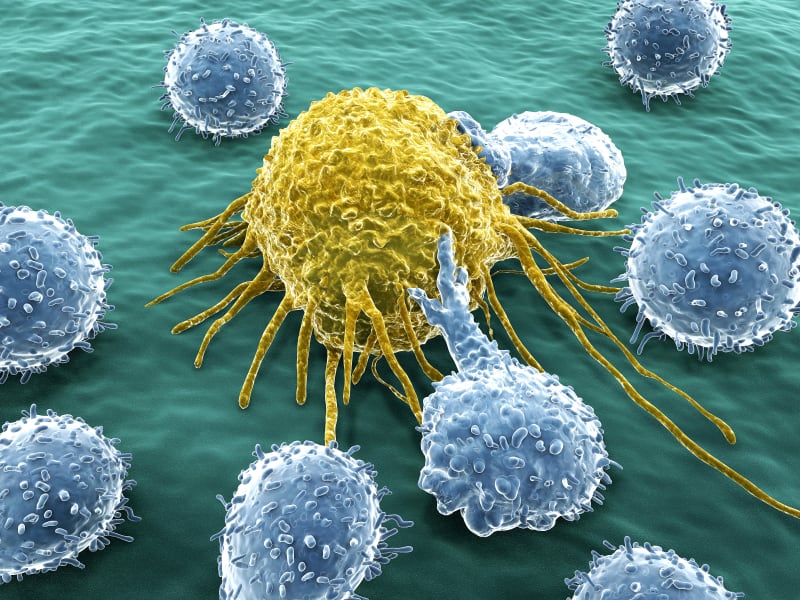The Foundation is calling for research projects that focus on pathogen alteration in the microbiome via the 15th funding round of Grand Challenges in Global Health – an initiative to drive cross-sector research.
“Bacteriophage [a bacterial virus]-based strategies may address many of the challenges, as they are pathogen-specific and do not directly interact with eukaryotic cells,” the brief states.
“The Bill & Melinda Gates Foundation sees this call as an opportunity to leverage decades worth of progress in biotechnology, including high-throughput sequencing, gene synthesis, advanced omics, and systems biology, to develop a novel bacteriophage-based tool to probe, modify, and ultimately foster healthy gut function through a healthy gut microbiome – one that is complementary to nutritional and chemotherapeutic approaches.”
Where it can help
Problems like growth stunting and blindness are common in the developing world in children and microbiome engineering is seen as a viable way to reduce such problems and associated problems like cognitive impairment, metabolic diseases, trans-generational perinatal morbidity along with improving gastrointestinal health in general.

The Gates body expanded on the kind of research it is looking for. “An example of a more early-stage proposal would be the use of bacteriophages to develop a dynamic model for the bacterial determinants of gut health.”
“This could include, for example, target killing of specific bacterial strains or classes of strains within the gut, titrating the treatment efficacy from moderate reduction to complete elimination of targeted strains, and the concomitant monitoring and modelling of how the microbial community responds to such disruption.”

“An example of a more applied proposal would be that of testing a bacteriophage intervention in a relevant model, where the treatment would be developed based on a mechanistic model that considers pharmacokinetics, delivery characteristics, microbiome dynamics, signaling, inflammation, etc.”
It said the research must be relevant to infants and under-2s and “Be relevant to the developing world, especially on the basis of cost.”
Projects costing less than €90,000 and taking less than 18 months would be favoured.
Applications will be accepted until May 13.
